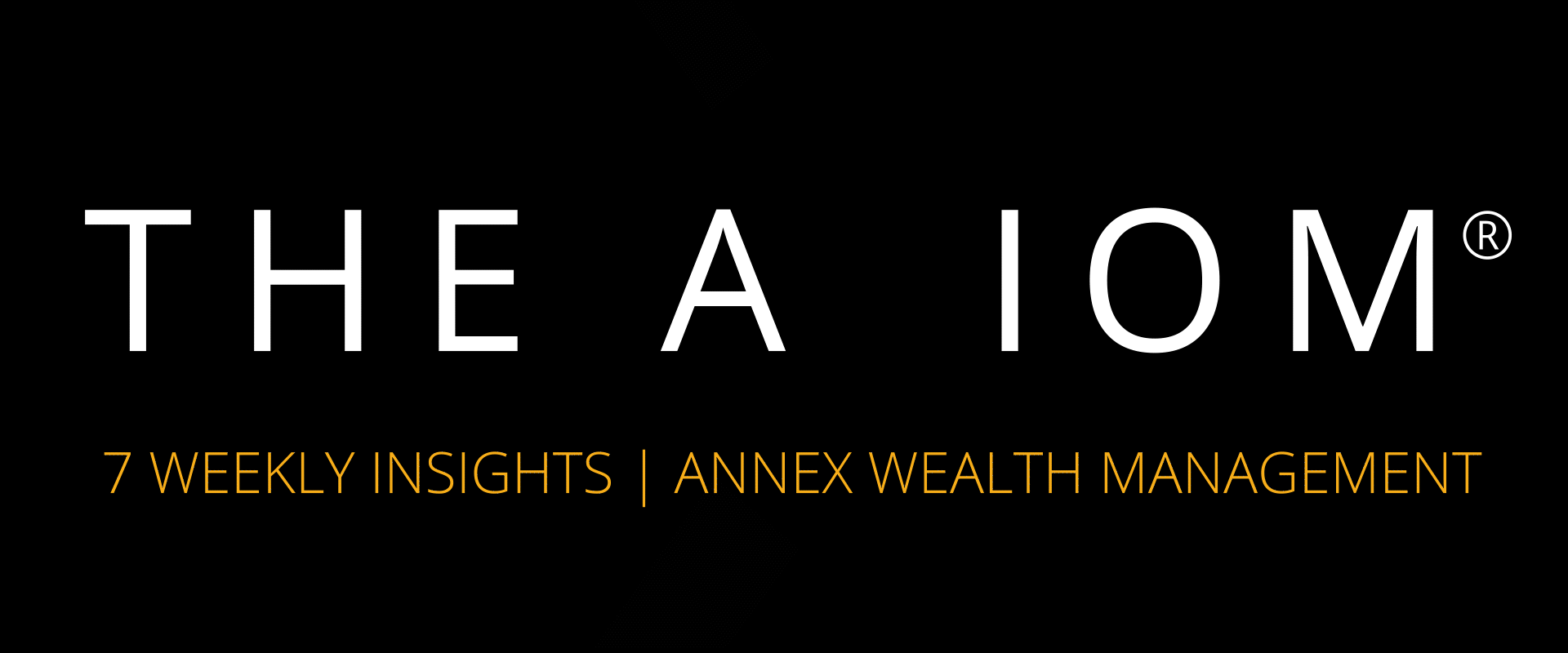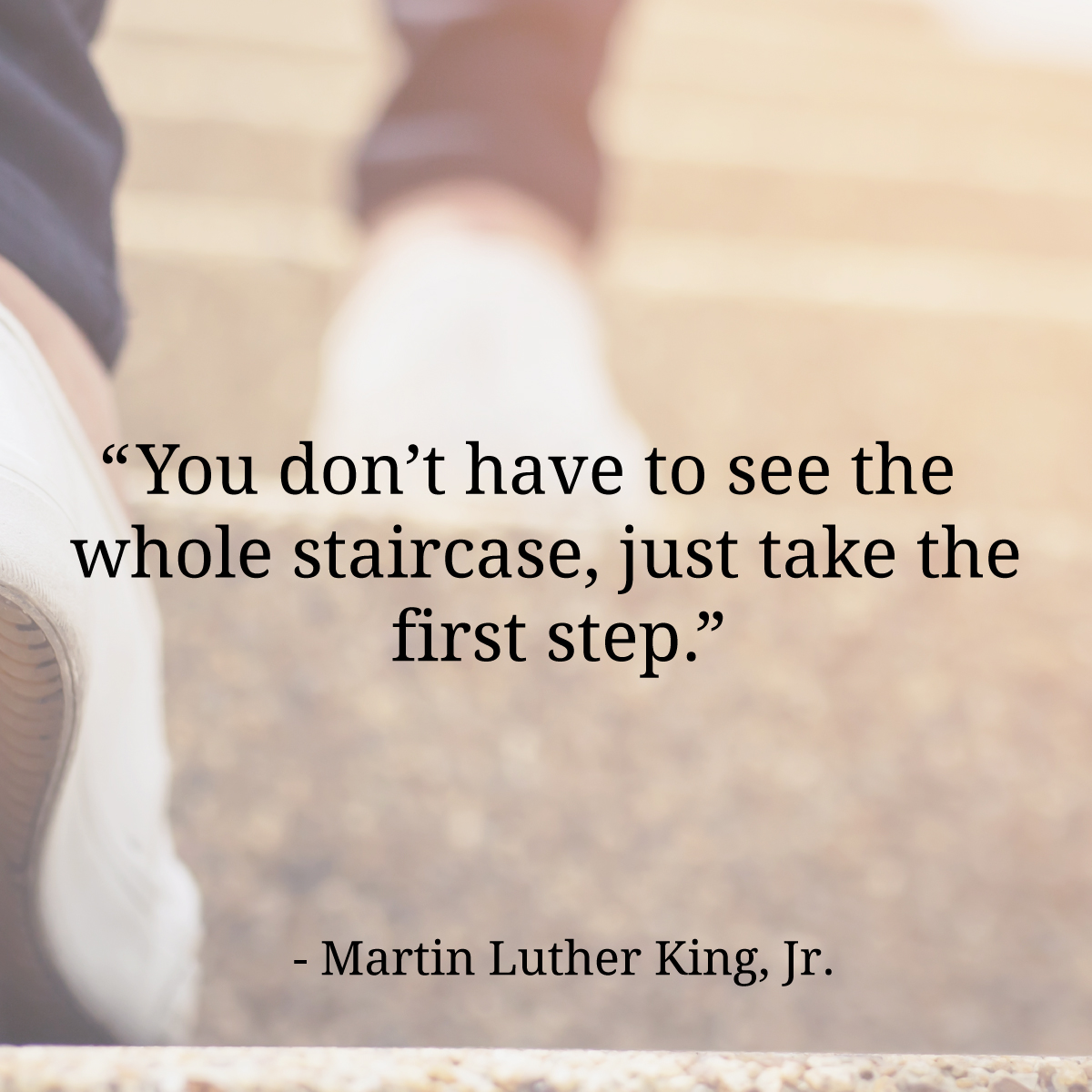
BACK TO TOP ↑

Do you have a vacation spot you’ve always wanted to visit or distant relatives you’d like to reconnect with? People are living in retirement longer than ever before, and it’s important that you’re not only financially ready, but that you have also considered your quality of life during those years.
That brings us to this week’s MoneyDo: Begin thinking about how you’ll spend your free time during retirement. Even if you’re years away from retirement, thinking about what you’ll do can help you better plan and visualize what’s ahead.
Even if you’re already in retirement, you don’t want to skip this MoneyDo. You can always revisit and recreate your purpose for the next few years of retirement.
Expect the transition from working five days a week to retirement to take time. During this period, it’s normal to experience disruption and confusion. Sometimes sadness or malaise is the result of missed expectations instead of actual achievement.
Ultimately, there are 3 components to a successful retirement: identity, relationships, and purpose. Understanding these components will ease the transition.
- Identity: We spend a considerable amount of time working and may have begun to define ourselves by our job title. Remember, you’re more than a job title.
- Relationships: Many retirees find they don’t miss work, but they do miss the relationships they developed. It’s important to build and maintain your network, even in retirement. Do you have a networking strategy in your retirement plan? It may involve spending an hour a day on Twitter, LinkedIn, or Facebook “conversing” with people who share your skills and interests. If you aren’t too keen on virtual networking, you may find joining a group that meets regularly to discuss or participate in a shared interest suits you.
- Purpose: It’s very important to understand how you’ll spend your time in retirement. We often plan for a retirement date, but don’t consider the years after. Do you want to travel, have a part-time job, or do volunteer work?
Start by listing objectives and begin to define how you envision retirement. For now, don’t focus on a budget. Rather, focus on ideas, and be as specific as you can. Once you have concrete ideas, you’ll find planning becomes more tangible and realistic.
For example, instead of writing “travel” on your list, create a list of places you want to see and activities you want to experience. Write down your passions and the organizations you want to impact in place of “stay involved in my community.”
The more descriptive you are, the more tangible your retirement will be. Doing this can help keep you focused on a realistic set of goals. Keep in mind, at least some of your goals should be attainable.
BACK TO TOP ↑
“I had met with one of your wealth managers about nine months ago for a financial review. I decided to wait to make any financial moves. I have since been contacted by a few life insurance companies to purchase whole life insurance as an investment vehicle. One feature is that you can borrow on the policy, which is a type called non-direct recognition so the cash value is not reduced. They call the plan ‘Bank on Yourself’. Can you tell me, is this a realistic way to put some of my money in a less-risky place, or a really dumb idea? Thanks.” – Andrew
“How are Roth IRAs doing?” – Anonymous
“This is for my son. Is this true?” (His son said) “Starting a new job and will lose access to my employer plan. Since my Roth is down over 15%, can’t I roll it into a brokerage penalty-free, since I’m not receiving any gains?” – Glen
“I’m 42 with at least 15 years away from retirement. Is there any reason to change my investment approach with a potential recession on the way? I’ve looked at historical data and I’m confident of landing on the other side in good shape.” – Evan
Do you have a question for Annex Wealth Management? Drop it here: annexwealth.com/ask
BACK TO TOP ↑

BACK TO TOP ↑
BACK TO TOP ↑
UPCOMING EVENTS →
BACK TO TOP ↑